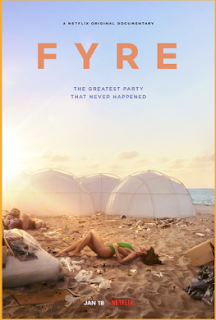- Zootopia (2016. Dirs. Byron Howard & Rich Moore). Judy Hopps has a dream: She wants to leave behind her rural small-town roots to become an urban police officer. Not an easy task when one is a rabbit in a profession generally dominated by large mammals. But a missing-persons case just might be the big break she needs. Together with con artist fox Nick Wilde, she will navigate a mystery that runs through the seemingly idyllic city of Zootopia --and discover just how deeply ingrained certain bigoted prejudices can be...
There is something about the 'Furry' aesthetic (anthropomorphic animals) that leans itself very well to Noir stories. Recall the likes of "Blacksad", "Contro Natura", "Felidae" (this one may be cheating a little, granted), "BB Wolf and the three LPs"... and now, this all-ages animated movie from Disney.
The unusual part is: As a mystery, it plays fair with the audience, leaving assorted clues and a couple plot twists that work with the overall themes of the setting. All the same, it is an entertaining family movie, filled with the right amount of humor, occasional pathos and even a couple 'parental bonus' bits (case in point, an homage of sorts to the tv series "Breaking Bad").
And as an allegory for real-life racial inequity? Quite a few reviewers have argued that it can't work that way because unlike with real ethnicities, here, the differences between the animals is that some of them could easily kill each other. The thing about that: This movie most definitely takes cues from real life prejudices... but in this case, none of the species represent a specific minority, or for that matter *a* minority. What we have is a series of complexities: Predator-types belittle prey-types, who in turn distrust them. Then we have barely coded bits such as the concept that "a rabbit can call another rabbit cute, but for somebody else to do it, it's...", that you should not touch a sheep's wool without permission (no matter how fluffy it is), that "all predators should be muzzled"... More than a direct reflection of our world, it's a world with several ideological clashes that is not easy to navigate, even for the best-meaning of people.
Nevertheless, the movie advocates for peaceful coexistence. It would take a ton of hard work, it would always be more fragile that we like to think... but it is possible.
In that sense, perhaps it is a reflection of our world after all.


